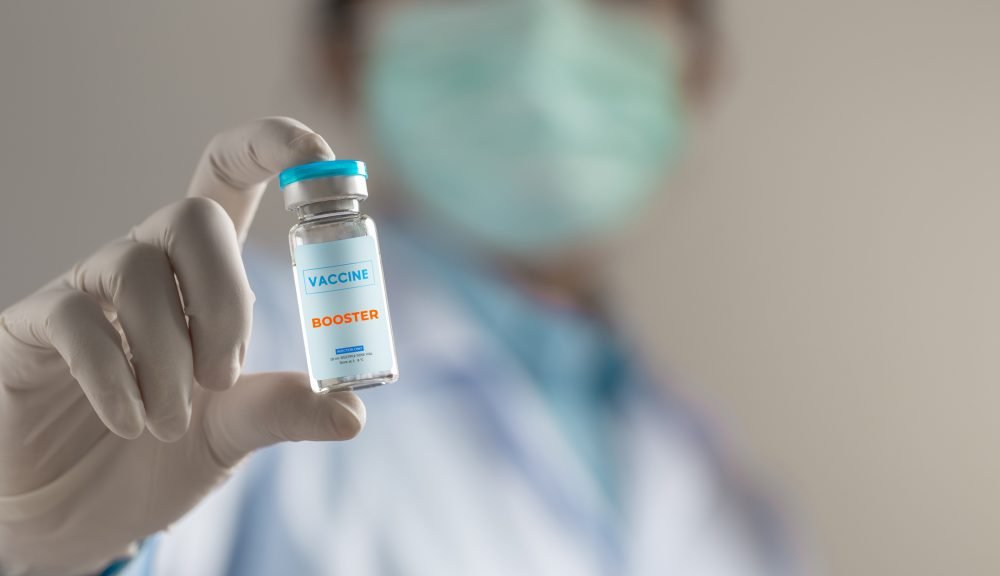Advertisment
Third dose of COVID-19 vaccine does not appear to increase severe adverse events

Investigators report that even though there was some increase in cases of low-severity adverse events after third-dose vaccination against SARS-CoV-2 infection with mRNA vaccines, such third-dose vaccination did not significantly increase severe adverse events.
The findings appeared on April 14, 2022 in JAMA Network Open.
As background the authors said. “Recent reports on waning of COVID-19 vaccine–induced immunity have led to the approval and rollout of additional doses and booster vaccinations. Individuals at increased risk of SARS-CoV-2 infection are receiving additional vaccine doses in addition to the regimen that was tested in clinical trials. Risks and adverse event profiles associated with additional vaccine doses are currently not well understood.”
They added that the purpose of the study was. “to evaluate the safety of third-dose vaccination with US Food and Drug Administration (FDA)–approved COVID-19 mRNA vaccines.”
The researchers gathered electronic health record (EHR) data accumulated from December 2020 to October 2021 in the multistate (USA) Mayo Clinic Enterprise.
They enrolled subjects who had received 3-doses of COVID-19 mRNA vaccines. They divided subjects into 2 groups according to the vaccine brand received.
The vaccines included FDA-authorized vaccines BNT162b2 and mRNA-1273.
The primary outcome was vaccination-associated adverse events.
“Adverse event risk was quantified using the percentage of study participants who reported the adverse event within 14 days after each vaccine dose and during a 14-day control period, immediately preceding the first vaccine dose,” the authors noted.
Among 47,999 subjects who received 3-dose COVID-19 mRNA vaccines, 38,094 received BNT162b2 and 9,905 received mRNA-1273 (20.6%).
After the third vaccination, severe adverse events remained low with rates of pericarditis at 0.01%, anaphylaxis at 0%, myocarditis at 0% and cerebral venous sinus thrombosis at 0%, findings consistent with results from earlier studies.
There were significantly more low-severity adverse events after the third dose than after the second dose, including fatigue (2,360 [4.92%] vs 1,665 [3.47%]; P < .001), lymphadenopathy (1,387 [2.89%] vs 995 [2.07%]; P < .001), nausea (1,259 [2.62%] vs 979 [2.04%]; P < .001), headache (1,185 [2.47%] vs 992 [2.07%]; P < .001), arthralgia (1,019 [2.12%] vs 816[1.70%]; P < .001), myalgia (956 [1.99%] vs 784 [1.63%]; P < .001), diarrhea (817 [1.70%] vs 595 [1.24%]; P < .001), fever (533 [1.11%] vs 391 [0.81%]; P < .001), vomiting (528 [1.10%] vs 385 [0.80%]; P < .001), and chills (224 [0.47%] vs 175 [0.36%]; P = .01).
The authors concluded, “This study found that although third-dose vaccination against SARS-CoV-2 infection was associated with increased reporting of low-severity adverse events, risk of severe adverse events remained comparable with risk associated with the standard 2-dose regime. These findings suggest the safety of third vaccination doses in individuals who were eligible for booster vaccination at the time of this study.”





